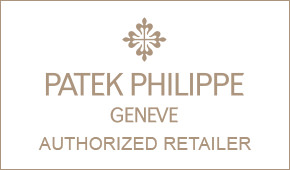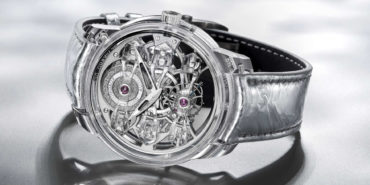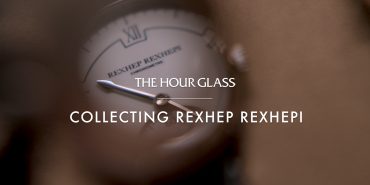News • 07 Mar 2022
The Watch Library Granted Status as Non-Profit Foundation
Based in Geneva, The Watch Library has been granted the status of non-profit foundation by the Swiss Confederation.
The organisation was established last September with an ambitious mission: archiving as many sources related to horology and watch history, and digitalising them. Spanning from museum and corporate archives to research centres and private resources, all archives will be made available to the public on an online platform, while remaining the property of their owners.
Watchmaking: a Common Cultural Heritage
“This cultural heritage will serve as useful material for historians, brands, retailers as well as enthusiasts. We would like to help preserve and enhance it.” explains Serge Maillard, president of the foundation and director of the watch publishing house Europa Star, in an interview to Swiss daily newspaper Le Temps.
The idea came about when UNESCO registered the craftsmanship of mechanical watchmaking and art mechanics on the List of the Intangible Cultural Heritage of Humanity in 2020.
A major initiative for the entire watch industry, “The Watch Library shares the values of our times”, according to the website. The digital platform is set to enter a pilot stage in 2022.
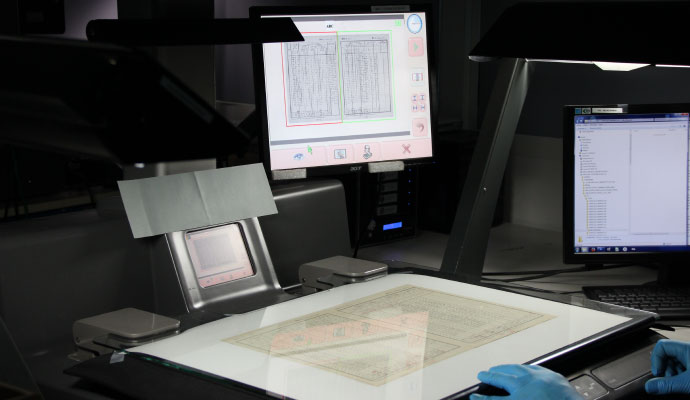
Archiving Watchmaking Resources on a Global Scale
Based in Geneva, The Watch Library is cataloguing and digitalising resources from all over the world.
“We have prospected in Europe, in Asia and in the United States (…) Our objective is to unite a vast pool of industry members around one goal – knowledge, far from market competition”, commented Martine Depresle, Director of the Foundation, and ex-marketing representative from Richemont (Vacheron Constantin).
The Board of The Watch Library further exemplifies its international scale. Its members include Nicholas Manousos, Director of the Horological Society of New York (HSNY), as well as Régis Huguenin, Director of the International Watchmaking Museum (MIH, aka Musée international d’horlogerie) in La-Chaux-de-Fonds.

A Decisive Patronage to Support The Watch Library
With a budget of CHF 2.5 millions for the first three years, the Foundation relies on public and private patronage: watch museums, art museums, private institutions, watch institutes and universities, publishing houses, libraries, auction houses and private collectors have been rallied to fund this mission.
“Most of our funds come from sponsors and private patrons”, highlights Serge Maillard. Some prefer to stay anonymous, some others are transparent, such as Audemars Piguet or Richard Mille.
Sébastian Vivas, Director of the Musée Atelier Audemars Piguet based in Le Brassus, comments “It is about promoting horology as a whole.” Spanning 200 years of watchmaking history in the Vallée de Joux, the museum collections count some 300 watches, including pioneering complications and unique designs. Providing digital access to part of this collection will undoubtedly be useful for watch collectors and watch enthusiasts alike.
A Post-pandemic Context Favourable to Digitisation
With the Big Data revolution, the progress in digitisation technologies and the development of global online knowledge sharing platforms, more and more industries and sectors have undertaken large-scale digitisation of resources during the last decade.
The Covid-19 pandemic has only reinforced this trend and highlighted the main benefit of digitisation: providing remote access to the archives and collections of museums, galleries, libraries and other institutions, so that researchers or users who may not be able to visit these places in person are able to explore their holdings.
Digitising resources from multiple sources under one singular platform may also help reunite dispersed content. Watch enthusiasts will be able to conduct research by brand name or about one period in particular and cross check multiple sources. Finally, digitisation provides a sustainable alternative for accessing resources, by reduces wear and tear of original documents.
Existing online repositories for watch enthusiasts
If you have not already checked the online exhibition created by The Hour Glass in 2021 to survey the last fifty years of artisanal watchmaking (1970 – 2020), go and check it out. The Persistence of Memory is The Hour Glass’s attempt at creating a living online repository of the key members of this contemporary independent watchmaking movement, documenting its developmental timeline and photographing and archiving its most important watches.
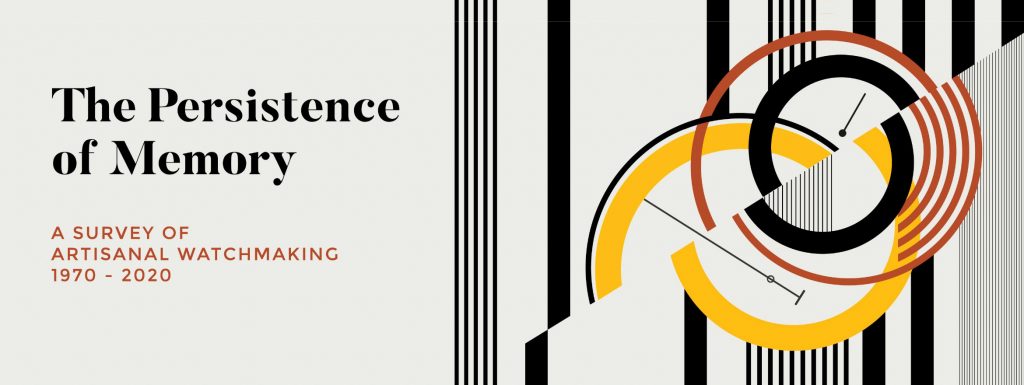
Europa Star has also already digitized about 2,000 issues and over 170,000 pages of watch publications from the 20th century, which are available for subscribers on a digital platform. During the pandemic, this online platform has seen a sustained visitorship and more and more industry members as well as watch enthusiasts are consulting this unique heritage tracing back almost a century of horological adventure.
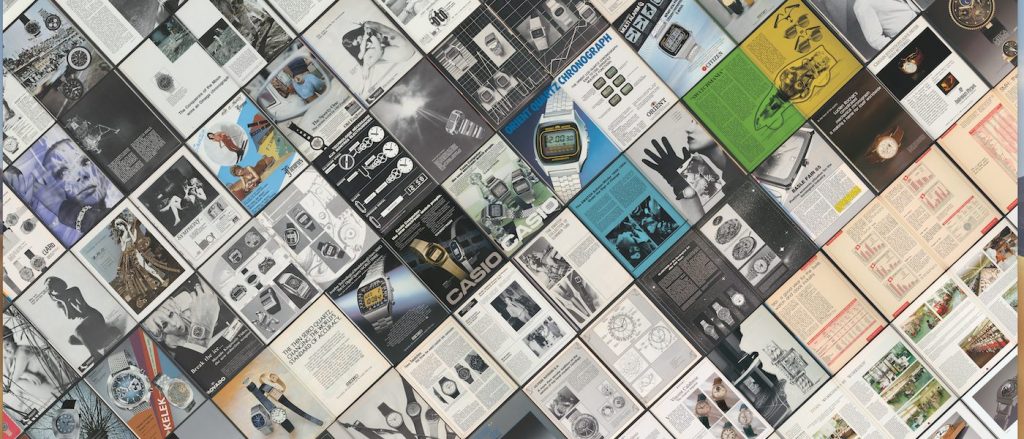
The Hour Glass is proud to support The Watch Library project, whose mission echoes The Hour Glass vision to Advance Watch Culture. The digitisation of watchmaking archives and knowledge is a key step forward for the watch community. We are looking forward to testing the pilot platform of The Watch Library coming soon. If watchmaking is to be considered a common cultural heritage, it is crucial to preserve and enhance it.
